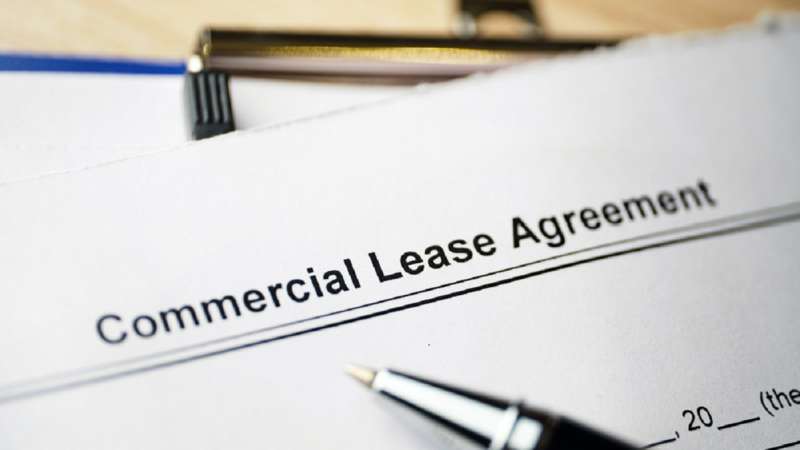To complete a property transaction, you will need to sign the transaction documents. This is known as 'execution' of the documents. You must follow your solicitor's instructions when signing the documents, as any error can delay completion since you may need to re-sign them. We set out below some common questions and answers in relation to signing documents in a property transaction.
Do I Need a Witness When I'm Signing a Contract for the Sale of a Property?
No, the signature for a contract does not need to be witnessed. The signature will require a witness for deeds only but not for contracts. Your solicitor will tell you when you need a witness.
Who Can Witness My Signature?
Your signature needs to be witnessed by a third party when signing a deed such as a lease or a transfer document. The witness will also need to sign the document in your presence. The witness will usually add their name, address and occupation so they can be identified, although this is not a requirement.
The witness cannot be one of the other parties to the document, e.g. if your spouse also needs to sign the document, they cannot witness your signature. It may be possible for the witness to be a family member, although it is best practice to use an independent third party such as a neighbour or colleague.
Can Someone Witness My Signature on Zoom?
No, this is currently not acceptable. The witness must be in your physical presence when you sign the document and must see you sign it. This has been difficult during the COVID-19 crisis for some people who are shielding or isolating. One solution is to ask your witness to watch you sign the document through a house or car window.
Is There Another Way I Can Sign a Deed Without a Witness?
If you are signing a deed as an individual, the only way you can sign is with a witness. However, for a company executing a document, two other options may be preferred:
- two directors or a director and the company secretary sign the document;
- the company affixes its seal to the document (usually in the presence of two authorised signatories).
Companies must check their articles to ensure they can execute by two directors or a director and the company secretary. Companies registered outside of England and Wales must also check the legislation in the country in which the company is registered to ensure they can execute in this way.
Can I Sign the Document Electronically?
The Land Registry has only recently started accepting deeds that have been signed with an electronic signature. Strict rules are governing this process. The documents must be sent via DocuSign or another e-signature platform and comply with a strict authentication process.
Witnesses would still be required for any deeds signed this way. This means that the witness would need to see the signatory add their signature on the screen. The Land Registry requires an authentication process to be followed for the witness as well.
All parties must have solicitors acting for them, and they must all agree for electronic signatures to be used. Due to the strict requirements that must be followed, e-signatures for deeds are not often used.
Companies wanting to execute documents electronically must check their articles to ensure they are not prohibited from doing this. Companies registered outside England and Wales must also check the legislation in the country in which the company is registered to ensure they can execute electronically.
Can I Send My Solicitor Scanned Copies of the Signed Document, or Do They Need the Original?
Your solicitor will most of the time ask you to post the original signed document back to them to deal with exchange or completion. However, some matters may be time-sensitive, and the parties may not be willing to wait until the documents have arrived in the post. Since May 2020, the Land Registry has accepted documents executed using the Mercury signing approach.
This method involves:
- printing the signature page of the document;
- signing with a wet ink signature in the physical presence of a witness; and
- emailing your solicitor a scan or jpeg photo of the signature page and attaching the final agreed document to your same email.
Here to Help
If you have any more questions regarding the execution of property documents or if you would like further information on how we can help, you can contact our Commercial Property Team on 0161 941 4000 or email The Commercial Property Team.






